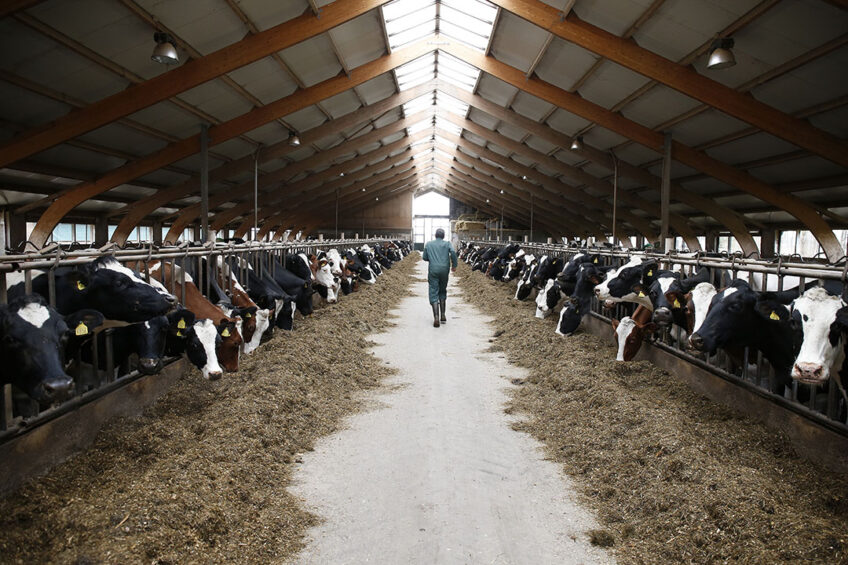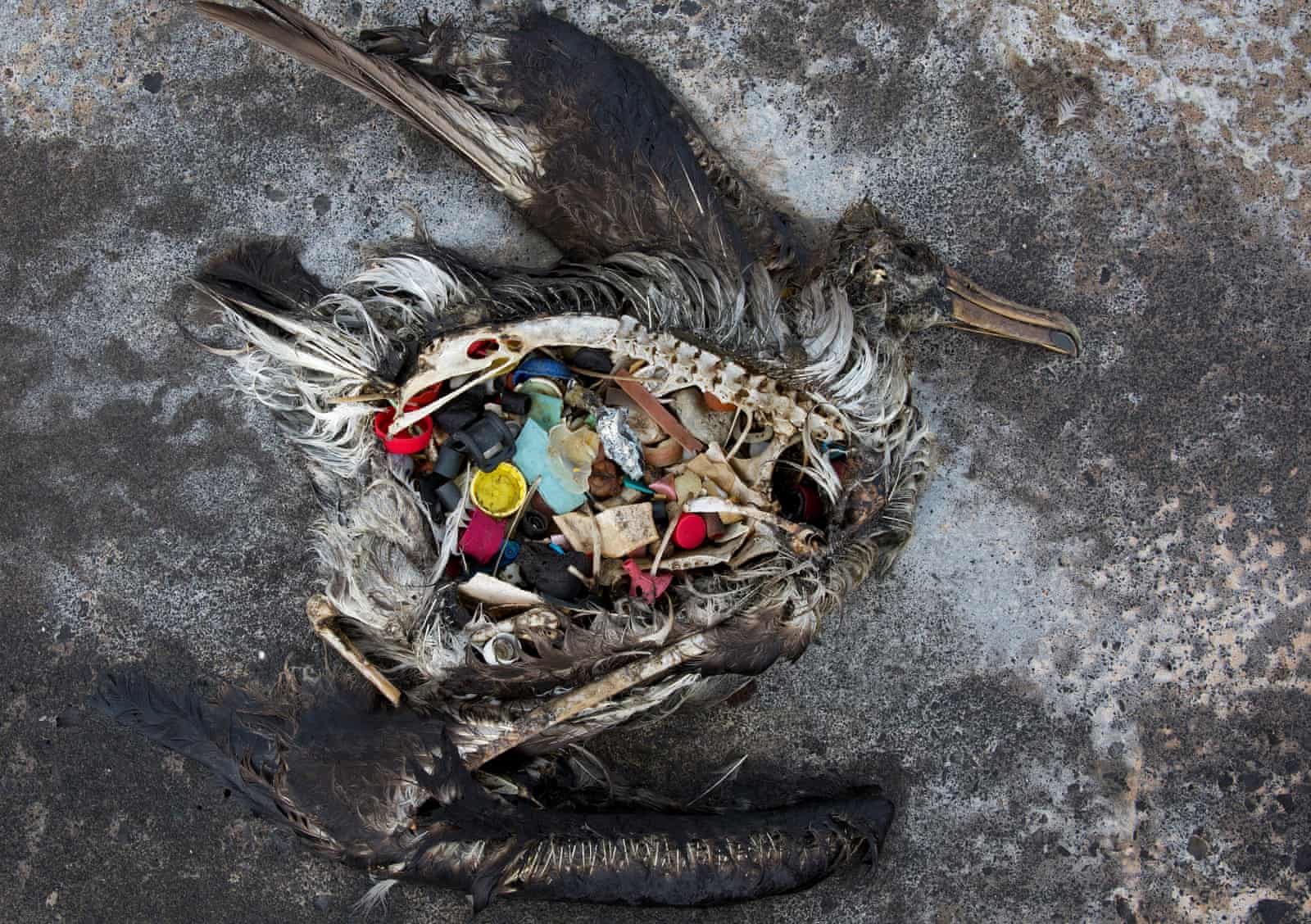Besides the atmospheric pollution caused by cow manure, an excessive use of antibiotics used in the dairy industry pollutes the products they produce. The intensive use of antibiotics was introduced by policymakers, to expand the dairy production (Clay, Garnett, & Lorimer, 2020) while keeping diseases in check (Sentient Media, 2019).
Image 1: Confinement feeding system. Cows are kept close to together which encourages the spread of diseases. Hence, antibiotics were used to prevent disease spreading. Imgae source: Dairy Global.
The use of antibiotics in dairy production is a global issue that affects both the developing and developed countries. While we generally view antibiotics to be helpful as we use them to fight off diseases when we are sick, the excessive and indiscriminate use of antibiotics for cows (particularly beta-lactum based antibiotics) have increased the resistance of microbes, posing problems to the human and animal health (Groot and Hooft, 2016).
Groot and Hooft also adds that when antibiotics leak into the soils and waters, it inhibits the growth of useful bacteria that denitrifies the nitrates (NO3-), contributing to the acidification of soils and waters. This threatens the sustainability of plant and animal health that depend on the said mediums for survival.
An example of a type of the antibiotics - cephalosporin - is found to be particularly persistent in the environment, as it requires high temperatures and light to degrade (Das et al., 2019), suggesting that cephalosporin can terrorise the balance of the microbial ecosystem for a long time. This is especially so in countries without proper waste treatment facilities as well.
Fortunately, some governments, in countries like the Netherlands and the U.S, have realised the detriments of the excessive antibiotics use and placed are actively regulating such chemicals in the dairy and agricultural industry.
While regulations by the state can help in cushioning the impacts of excess antibiotics leaking into the environment, we can also do our part in reducing dairy demand or switching to organic dairy options instead. Perhaps, with our collective efforts, we can reduce the scale of antibiotics pollution in the environment, starting with the dairy industry.



No comments:
Post a Comment